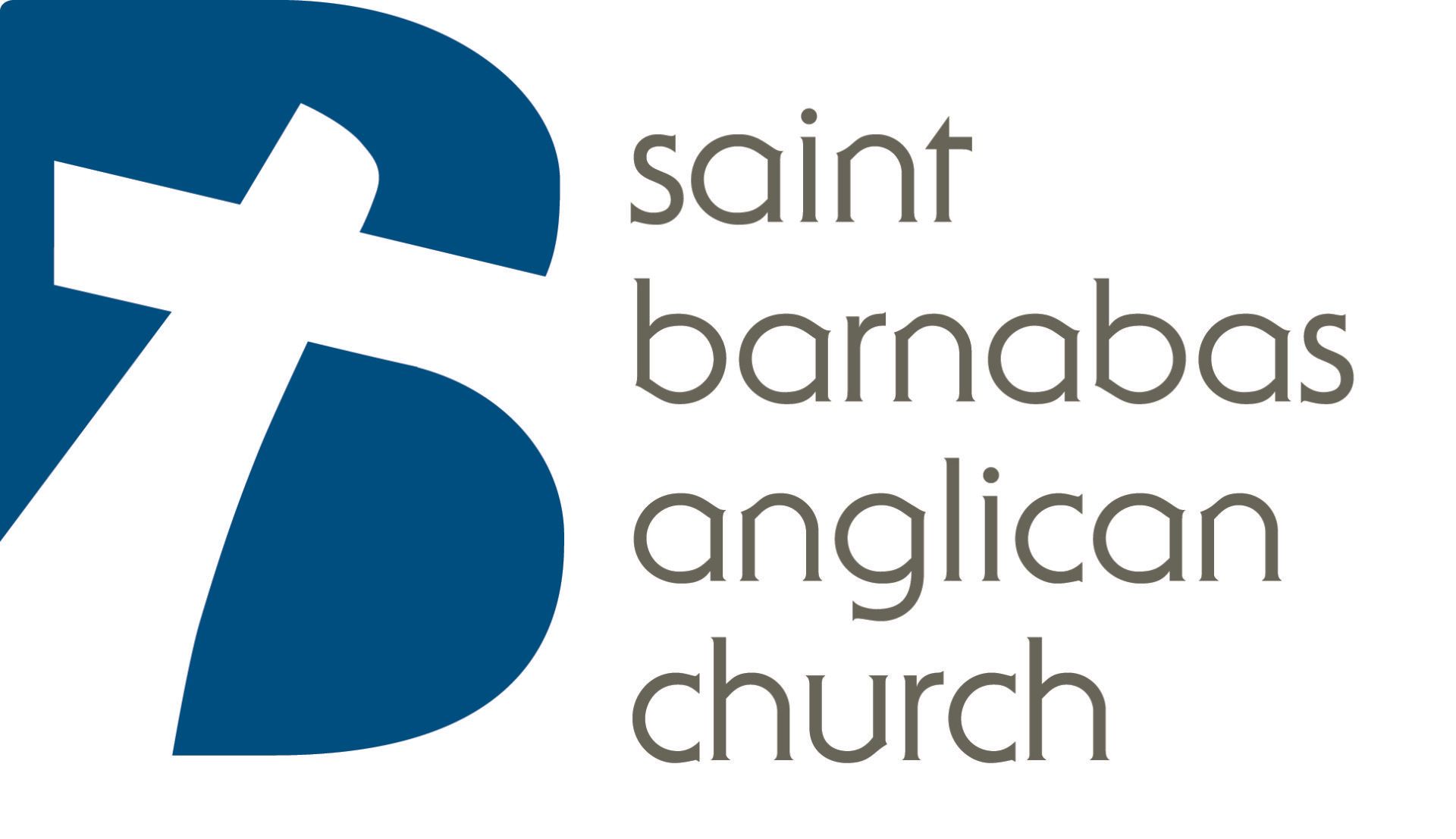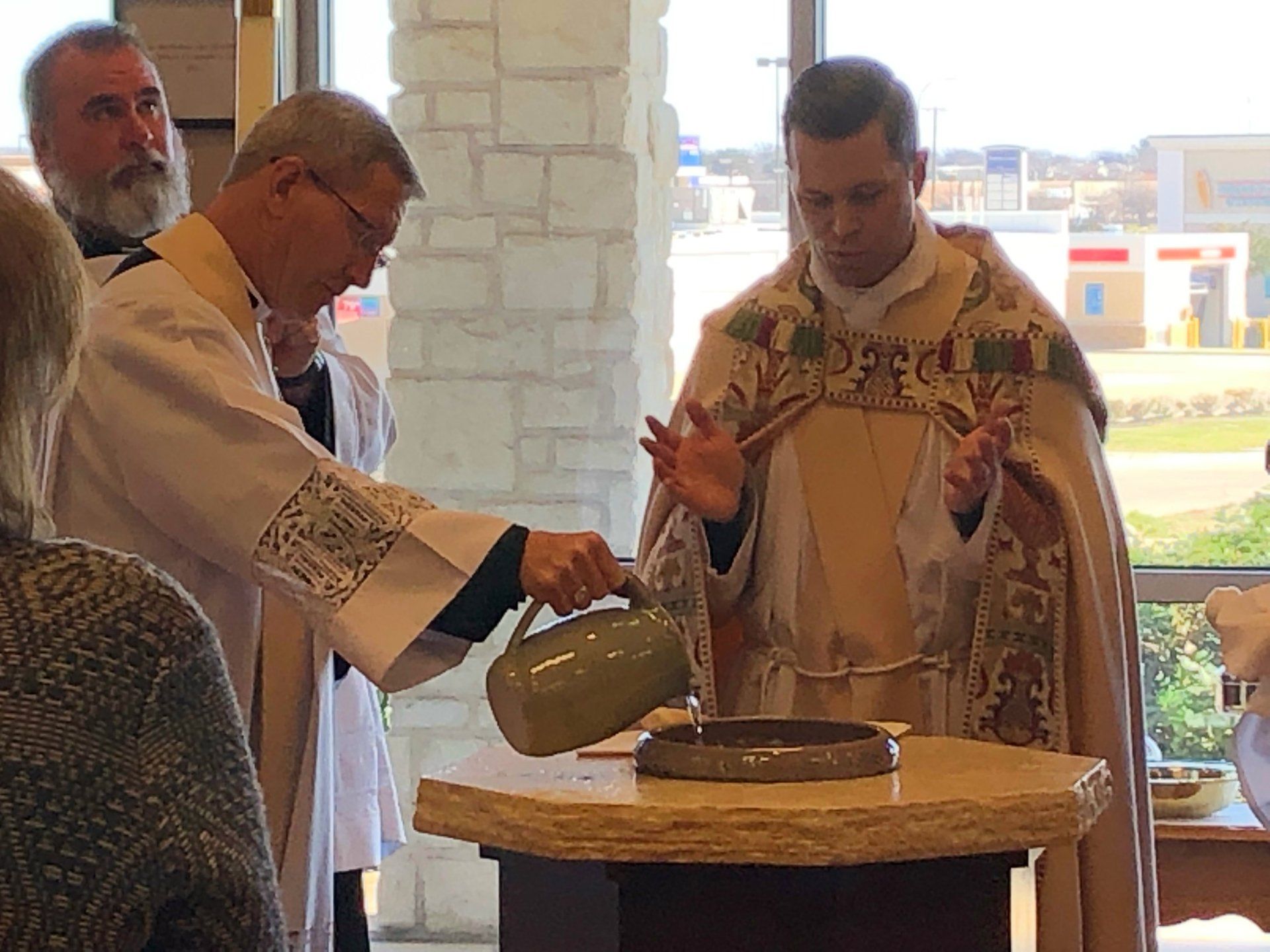The Anglican Church
St. Barnabas Anglican Church is a biblically based church helping individuals grow in a knowledge and love of Jesus Christ. We connect in community to save the lost, transform the found, raise up people to serve and lead with worshipping God at the center of all we do. Our tradition, the Anglican Church in North America, is part of a worldwide expression of Christianity—the Anglican Communion—which has over
80 million members across the globe.
What is Anglicanism?
The Basics
First and foremost, Anglicans are Christians. Globally, Anglicans form the third largest body of Christians in the world (around 80 million members) behind the Roman Catholic and Eastern Orthodox churches.
Origins of the Name
The name “Anglican” is traced back to the ancient Anglo-Saxon tribes of Europe. The tribal name was spelled “Engles” or “Angles” and the tribe’s speech was the precursor to the English language. Their island became known as England, and their Christians were known as Anglicans. The name has nothing to do with “angels.”
Global Anglicans
Just as the English language spread with the British empire, so did Anglican Christianity. When Anglicans resettled in new lands, they brought their personal faith with them. Chaplains and pastors were often among their number. Additionally, many Anglicans traveled as missionaries to share the Gospel. Consequently, Anglican churches now exist all over the world in more than 165 countries. As Anglican Christians became a global family, the demographics shifted dramatically. While Christians from Britain, the United States, Canada, and Australia continue to play an important role, today the “average” Anglican is a young woman from Sub-Saharan Africa.
Three Streams
The Anglican ethos holds together three streams of the Christian Church. For those familiar with Church History, Dr. Les Fairfield provides a synopsis of the history that shapes its life today:
The Protestant movement recalled the 16th century Church to the primacy of the Word—written, read, preached, inwardly digested. The 18th century Holiness movement reminded the Church of God’s love for the poor. The Anglo-Catholic movement re-grounded the Church in the sacramental life of worship. All three strands are grounded in the Gospel. Each one extrapolates the Gospel in a specific direction. No strand is dispensable. Other Christian bodies have often taken one strand to an extreme. By God’s grace the Anglican tradition has held the streams in creative tension.
This miracle of unity is a treasure worth keeping.
Worship
Anglican worship is diverse, and it is best understood by visiting and attending a local congregation. What is common to all is an inheritance of worship that recognizes the supremacy of the Bible and often finds expression through the Prayer Book. To understand what and how Anglicans pray is to understand what they believe. The Prayer Book, described as the Scriptures arranged for worship, provides helpful resources for everything from personal daily devotions to large public gatherings of worship. It includes prayers for every season of life.
**from the official ACNA Website (anglicanchurch.net)
About the Anglican Church in North America (ACNA)
We believe and confess Jesus Christ to be the Way, the Truth, and the Life: no one comes to the Father but by Him. Therefore, the Anglican Church in North America identifies the following seven elements as characteristic of the Anglican Way, and essential for membership:
- We confess the canonical books of the Old and New Testaments to be the inspired Word of God, containing all things necessary for salvation, and to be the final authority and unchangeable standard for Christian faith and life.
- We confess Baptism and the Supper of the Lord to be Sacraments ordained by Christ Himself in the Gospel, and thus to be ministered with unfailing use of His words of institution and of the elements ordained by Him.
- We confess the godly historic Episcopate as an inherent part of the apostolic faith and practice, and therefore as integral to the fullness and unity of the Body of Christ.
- We confess as proved by most certain warrants of Holy Scripture the historic faith of the undivided church as declared in the three Catholic Creeds: the Apostles’, the Nicene, and the Athanasian.
- Concerning the seven Councils of the undivided Church, we affirm the teaching of the first four Councils and the Christological clarifications of the fifth, sixth and seventh Councils, in so far as they are agreeable to the Holy Scriptures.
- We receive The Book of Common Prayer as set forth by the Church of England in 1662, together with the Ordinal attached to the same, as a standard for Anglican doctrine and discipline, and, with the Books which preceded it, as the standard for the Anglican tradition of worship.
- We receive the Thirty-Nine Articles of Religion of 1571, taken in their literal and grammatical sense, as expressing the Anglican response to certain doctrinal issues controverted at that time, and as expressing the fundamental principles of authentic Anglican belief.
In all these things, the Anglican Church in North America is determined by the help of God to hold and maintain as the Anglican Way has received them the doctrine, discipline and worship of Christ.
“The Anglican Communion,” Archbishop Geoffrey Fisher wrote, “has no peculiar thought, practice, creed or confession of its own. It has only the Catholic Faith of the ancient Catholic Church, as preserved in the Catholic Creeds and maintained in the Catholic and Apostolic constitution of Christ’s Church from the beginning. It may licitly teach as necessary for salvation nothing but what is read in the Holy Scriptures as God’s Word written or may be proved thereby. It therefore embraces and affirms such teachings of the ancient Fathers and Councils of the Church as are agreeable to the Scriptures, and thus to be counted apostolic. The Church has no authority to innovate: it is obliged continually, and particularly in times of renewal or reformation, to return to ‘the faith once delivered to the saints.'”
To be an Anglican, then, is not to embrace a distinct version of Christianity, but a distinct way of being a “Mere Christian,” at the same time evangelical, apostolic, catholic, reformed, and Spirit-filled.
**from the official ACNA website (anglicanchurch.net)







